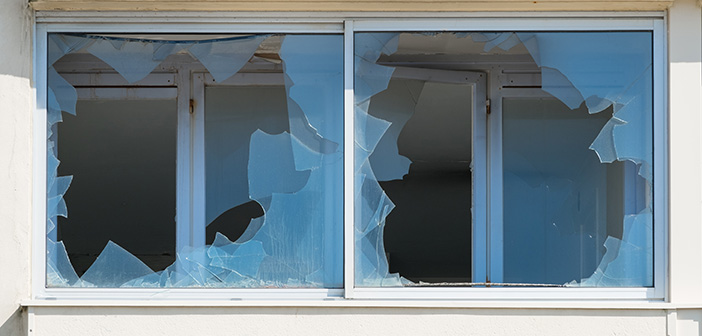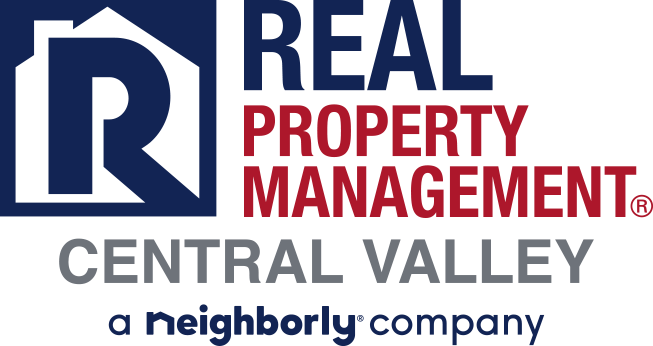What Landlords Need to Know About Squatter’s Rights

One common thing that we saw during the 2009 financial crisis was an increase in foreclosures across California that resulted in a foreclosure crisis.
With the foreclosure crisis also came squatters. These are unauthorized occupants who can live in a rental property somethings for months at a time while the landlord tries to evict them.
In this article we will share with you several tips that you need to know about squatters rights.
What Are Squatter’s Rights?
An unauthorized occupant, otherwise known as a squatter, is someone who continuously occupies or uses a property as if it was their own without legal permission from the property owner. Specific timelines and details vary from state to state, but if there is an absence of eviction from the property owner, the right to obtain ownership of the property may apply through adverse possession laws.
If unauthorized individuals who don’t pay you any rent move into your property and you are unaware of the situation, you could find yourself in a tricky spot. Most rules and regulations surrounding squatter’s rights require landlords to treat squatters as if they were renters who failed to pay rent and serve them with an eviction notice.

According to adverse possession laws, if a certain period of time passes and you—the property owner—have not served an eviction notice and the squatters remain, whoever pays the property taxes, utilities, and other fees will legally have rights to obtain ownership of the property.
Definition of Adverse Possession
If a squatter has physical possession of your property, adverse possession is the process to then acquire the title to the property they occupy. Simply occupying an abandoned or unused property isn’t enough to warrant an adverse possession claim; the squatter must continuously reside in or make use of the property.
Certain conditions must be met by the squatter like occupying the property for a specific period of time (generally a number of years), open and obvious use of the property, improvements made to the property by the squatter, or no eviction attempts from the actual property owner.
What Is a Squatter?
If there has been any sort of landlord-tenant relationship or conversation between the owner or property manager and an unwanted occupant, then they don’t qualify as a squatter. This includes situations like the following:
- A holdover tenant who refuses to move out at the end of their lease agreement. Holdover tenants are legally allowed to remain in a rental property if the property owner or landlord takes no action to evict.
- A holdover house guest who was at one point permitted to stay at a property by either the current tenant or landlord who then refuses to leave. They might have seriously overstayed their welcome, but they do not have the right to claim the property.
- Someone converting a commercial property into a living space or other misuse or property violation. They may be in breach of contract but do not have a claim to ownership.
- A criminal trespasser would not be considered a squatter, though this can be a gray area, as the property owner must prove that the trespasser was in the property without consent (may require evidence of forced entry or posted no trespassing signs).

Examples of Squatting
There are a number of complicated ways a squatter could begin to occupy your property. Generally speaking, a squatter is anyone who has taken up residence or occupies a property without permission from the property owner. Here are some examples of squatting scenarios:
- Your neighbors build a new fence that crosses onto your property line by 5 feet or so. Whether or not they were aware of the intrusion, your neighbors are now continuously using this piece of your property. If enough time passes according to your state’s adverse possession laws, the neighbors may be able to claim ownership of this piece of property.
- Your rental property was the victim of a rental scam and the tenants currently occupying your property did not work with you directly. Many rental scammers take advantage of vacant properties and create fake lease agreements, putting the scammed tenants in an unfortunate situation. If they refuse to leave the property, it’s your responsibility as the owner to resolve the situation.
How to Evict a Squatter
However squatters made their way into or onto your property, it’s important to closely follow the law and take immediate action to protect your investment and keep it in your possession.
1. Figure out if you’re dealing with a squatter or a trespasser.
If you discover unauthorized tenants at your property, the first step is to determine how long they’ve been occupying the property. If they’ve been there for a short period of time, you have no trespassing signs posted, or there are indications of forced entry (broken window, etc.), then you are likely dealing with a criminal breaking-and-entering situation and can simply call law enforcement. If none of these situations are present, you may have a squatter.
2. Start the eviction process as soon as possible.
Of course, the first thing you should do is inform the squatters that they do not have your permission to occupy the property and ask them to leave. If that doesn’t work, some landlords have had success offering moving incentives (usually cash) to entice tenants to leave the property.
If you’re dealing with true squatters, the most important thing you can do is start the eviction process as soon as possible to avoid any issues with adverse possession laws. Evictions can be costly and time-consuming, so be sure to take all of the appropriate steps and follow all applicable guidelines.
3. Involve law enforcement when necessary.
Involving law enforcement in a true squatter situation can be difficult, as they will want to avoid any false arrests. The burden of proof does fall on you as the property owner in most cases. If someone does refuse to leave your property, calling the police may be beneficial to establish documentation that you’ve discovered unauthorized tenants and asked them to vacate.
Contact RPM Central Valley
For more property management tips, or to speak with us about the services that we can offer you, contact us today by calling (209) 572-2222 or click here to connect with us online.
